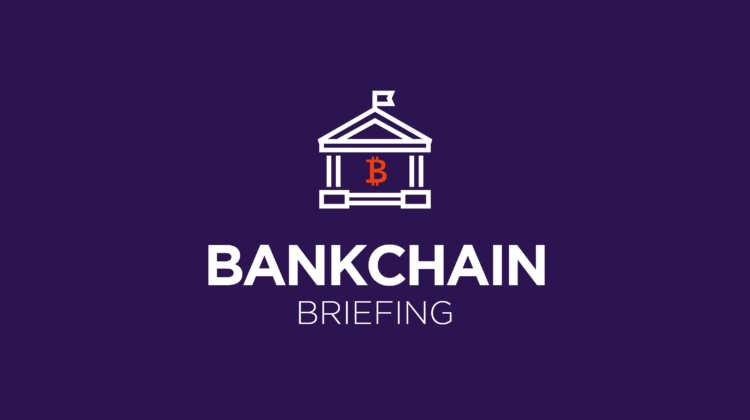Blockchain and Crypto, Member Exclusive
Bankchain Briefing: Should we take the crypto paycheck seriously?
- Cryptocurrency payroll is gaining popularity among employers and employees alike.
- This week, we explore the viability of the crypto paycheck.








